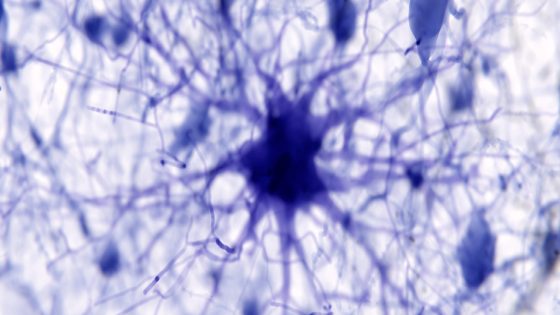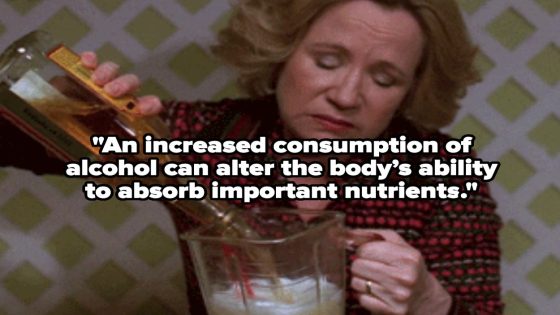Sleep disturbances are increasingly common, with many people turning to over-the-counter sleep aids for relief. However, recent findings suggest that these medications, particularly first-generation antihistamines, may pose serious risks to brain health. On May 23, 2025, experts revealed alarming connections between these sleep aids and cognitive decline.
- Stress disrupts sleep patterns significantly.
- Over-the-counter sleep aids can harm brain health.
- First-generation antihistamines linked to dementia risk.
- Quality of sleep may worsen with sleep aids.
- Cognitive behavioral therapy is effective for insomnia.
- Second-generation antihistamines are safer for allergies.
Many individuals, like freelancers juggling multiple responsibilities, often resort to medications like Unisom or Benadryl to combat sleeplessness. Yet, frequent use can lead to grogginess and even long-term memory issues. So, what are the alternatives for achieving better sleep?
It’s crucial to understand the implications of relying on these medications. While they may provide temporary relief, they can lead to a cycle of dependency and cognitive decline. Instead of reaching for a quick fix, consider these recommendations:
- Consult a healthcare provider for personalized sleep strategies.
- Explore cognitive behavioral therapy for insomnia.
- Use melatonin or valerian root as natural alternatives.
- Opt for second-generation antihistamines for allergy relief.
As we navigate the complexities of sleep health, it’s essential to prioritize safe practices. Reach out to your healthcare provider to discuss effective strategies tailored to your needs.

































